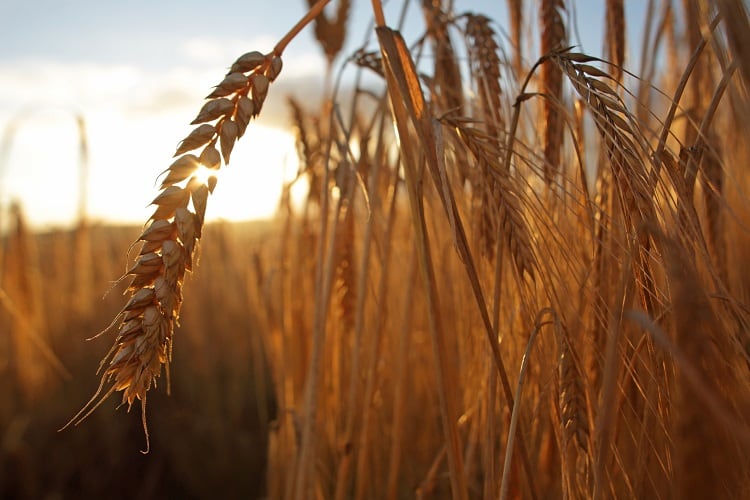Beverage alcohol company Diageo has embarked on a three-year pilot programme to cut emissions associated with barley production for its Guinness brand.
The programme is centred around regenerative agricultural processes. To kickstart the pilot, this year the London-headquartered company will engage with at least 40 farms across spring and winter barley sowing.
Over the coming two years, it is expected ‘many more’ farmers will take part. The company expects all barley grown under the pilot will go towards brewing Guinness.
“This pilot is the first such programme being implemented by Diageo and the outcomes will help inform other potential opportunities, not just in Ireland, but in other countries where we source raw materials,” said John Kennedy, President, Diageo Europe.
Key outcomes
Currently, there is no definitive definition of ‘regenerative agriculture’. For Diageo, regenerative agriculture is an approach to farming that ‘works in harmony’ with the natural environment to ‘put back more than it takes out’.
“Our ambition is to work alongside Irish barley farmers to support them on the transition towards regenerative agriculture or bolster regenerative practices already in place,” a Diageo spokesperson told FoodNavigator.
“We aim to scale the adoption of practices that employ nature-based solutions to support the production of low carbon barley and improve shared natural resources such as biodiversity and water under a regeneratively-grown model.”
The key outcomes of its regenerative agriculture programme are expected to include improved soil health, enhanced biodiversity, reduced synthetic fertiliser use, improved water stewardship, and preserved farmer livelihoods.

Diageo said it has assembled a network of partners to ‘shape the design’ of its pilot and recommend ‘innovative’ practices, including technical partners and local Irish agronomists.
Regenerative agricultural practices
What are the main sustainability challenges facing barley growers?
According to Diageo, they related to the application of synthetic fertiliser, which is a ‘significant component’ of production emissions, soil health, and biodiversity, a company spokesperson told FoodNavigator.
“Continued spring barley cropping provides significant opportunities to boost soil health, as it is only occupying the land for around five months. The other seven months of each year can be dedicated to fertility building, soil regenerative activities.”
To improve biodiversity, the Tanqueray-to-Baileys maker will focus initial efforts on baselining and delivering clear agronomic advice at the farm level.
In the second phase, Diageo said planting hedgerows is one of the practices it will consider integrating for farms where hedgerows are not currently established.

Concerning water, the company plans to enhance quality by supporting efforts to ensure surrounding rivers and streams are ‘safe and clean’. “The pilot also hopes to support progress on reducing synthetic fertilisers so that crops can be nourished naturally,” we were told.
Diageo is interested in preserving farmer livelihoods. “The purpose of the pilot is to test and learn the impact of regenerative agriculture farming methods on farm’s economic performance as well as its environmental performance.
“Adopting regenerative agriculture principles can enhance the resilience of a farm, in terms of improving soil health and reducing the farmer’s dependence on synthetic fertilisers which are costly,” said the spokesperson.
Reporting progress
Diageo said it will ‘openly share’ the results from the pilot programme, so that other farms can learn and adopt practices that have demonstrated the ‘highest potential impact’ from an environmental and farm profitability standpoint.
“Like the Irish farming community, we are ‘all in’ for the long haul – for our people, products, partners and planet,” said Diageo Europe’s Kennedy.
The programme falls under Diageo’s wider sustainability action plan and commitment to achieve net zero carbon emissions across its direct operations and a 50% reduction in scope 3 emissions by 2030.
One of the farmers involved in the pilot, Walter Furlong Junior, told Diageo he welcomed the initiative for its commercial benefit to farmers, amongst others.
“We’re delighted to be partnering with Guinness on this programme. The great thing about regenerative agriculture is the simplicity of the approach. It’s not a complicated process – it works in harmony with nature whilst providing a commercial benefit for farmers.
“We already use regenerative agricultural practices and have seen a marked improvement in the quality of soil on our farm. It is a highly effective approach that leads to much better outcomes.”




